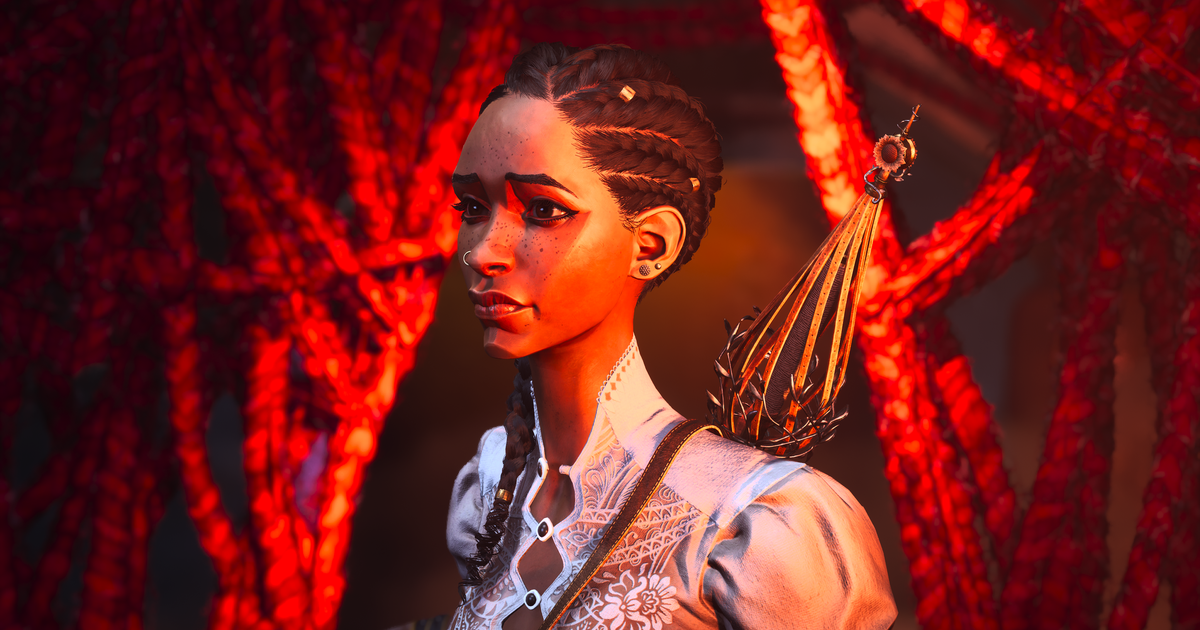Bookstore Encounter Highlights Gender Bias in Children's Sections

In a world where digital media often overshadows physical books, the resilience of brick-and-mortar bookstores is noteworthy. According to data from Statista, these establishments sell over 700 million paper books annually. Even in smaller cities, new bookstores are emerging, providing a welcoming space for people seeking their favorite literary adventures.
However, not all experiences in bookstores are positive. A recent incident involving a man browsing the children's section has sparked a discussion about gender bias and societal perceptions. The man, who was on a mission to find a gift for his 5-year-old nephew, was asked to leave by a bookstore clerk who deemed his presence in the kids' section inappropriate. This interaction led him to seek a form of petty revenge against the overly vigilant employee.
The incident sheds light on a troubling stereotype: men are often viewed with suspicion when they engage in activities related to children. Browsing a bookstore's children's section or sitting on a park bench facing a playground can lead to judgmental looks and, in some cases, calls to law enforcement. Despite statistics showing that men are more frequently reported for inappropriate behavior towards children, it is essential to recognize that women also commit such crimes, with research indicating that between 10% to 25% of offenders are female or female adolescents.
Societal biases persist, influencing perceptions of men in caregiving roles. A significant reason for the underrepresentation of men in early childhood education is the belief that they are less competent caregivers than their female counterparts. A 2021 study revealed that gender bias plays a critical role in hiring decisions, leading employers to favor women over men in these positions. Additionally, men are often unfairly associated with a higher risk of child exploitation, contributing to a so-called 'discourse of suspicion' surrounding men interested in childcare.
Interestingly, adults who enjoy children's literature are often met with skepticism. The stereotype suggests that adults have no business reading children's or young adult (YA) books. However, those who aren't afraid to delve into the whimsical worlds of stories like Alice in Wonderland or contemporary YA novels by authors like John Green are not alone. In fact, a 2012 study revealed that 55% of YA books were purchased by adults, with 78% doing so for personal enjoyment. This finding extends beyond the bestsellers, encompassing a wide range of titles.
Many adults find solace in revisiting childhood classics, especially during challenging times like the pandemic. Timeless stories like The Chronicles of Narnia, Winnie the Pooh, and the Harry Potter series have become comforting companions for adults seeking nostalgia.
As humor often permeates children's literature, it's important to recognize that these books are intended for enjoyment at any age. As noted by Katherine Rundell, the author of Why You Should Read Children’s Books, Even Though You Are So Old and Wise, children's literature conveys universal virtues, illustrating concepts like bravery and generosity through engaging narratives featuring wizards, lions, and talking animals.
In light of this incident, many members of the online community have expressed solidarity with the man who faced unwarranted scrutiny, prompting discussions about the biases that lead to such assumptions. The conversation highlights the need for greater awareness and understanding surrounding the reading habits of adults and the unjust perceptions placed upon men in environments with children.



























